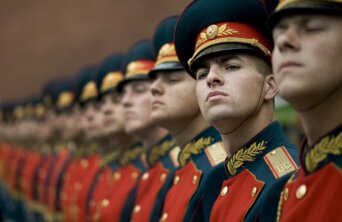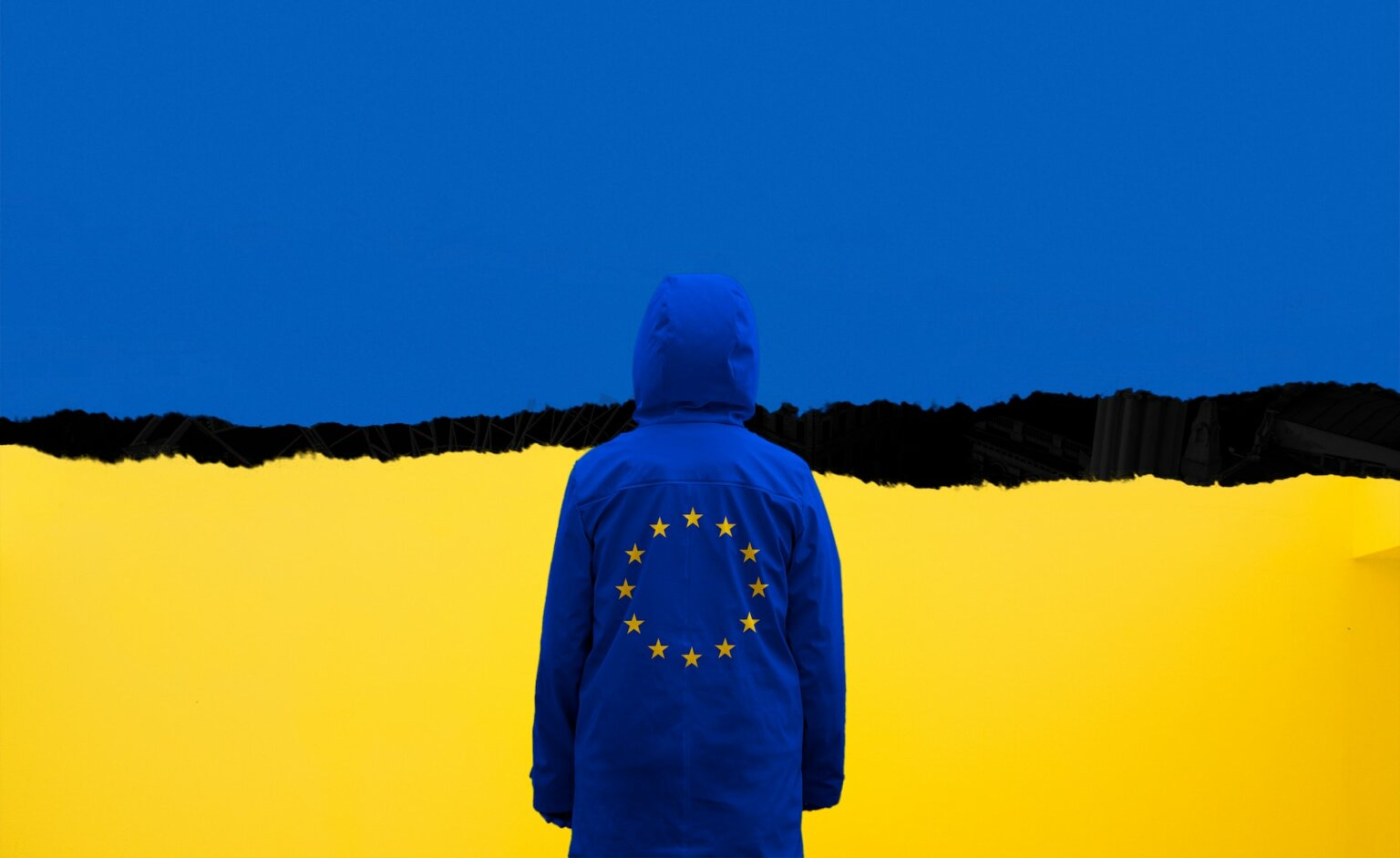- About
- Topics
- Picks
- Audio
- Story
- In-Depth
- Opinion
- News
- Donate
- Signup for our newsletterOur Editors' Best Picks.Send
Read, Debate: Engage.
| topic: | Human Rights |
|---|---|
| located: | Russia, South Africa, Brazil, China, India |
| editor: | Bob Koigi |
Since 2009, the emerging economies partnership BRICS, comprising Brazil, Russia, India, China and South Africa, has advocated for a shift from the international world order and unfair norms, acting as a voice representing the global south. Last week, the bloc's 15th Summit in South Africa shed light on the changing global order and the organisation's role in globalisation.
The international community is quickly warming up to the shift; forty countries have expressed interest in joining BRICS, and 23 have formally applied. Six new members participated at the Summit as full members: Argentina, Egypt, Ethiopia, Iran, Saudi Arabia and the United Arab Emirates.
Initially focused on strengthening emerging economies' voices and participation, the bloc has shifted towards global politics and strengthening alliances to combat Western imperialism and dominance, focusing on the right to development.
It is questionable whether the bloc's development comes at the expense of respecting the rule of law and democracy, given the blighted human rights records of its founding members.
Russia, a founding member, has committed an estimated 80,000 war crimes since it invaded Ukraine in February 2022. The issuance of a warrant of arrest for Russian President Vladimir Putin in March over Russia's invasion of Ukraine could explain his absence from the Summit.
Human rights bodies, including Amnesty International and Human Rights Watch, have reported how human rights defenders, civil society members, journalists and marginalised groups have been tortured and, in some instances, killed in founding members China and India.
Guided by an appreciation for the nexus between people and trade, international organisations and groups typically consider the observance and respect for human rights crucial when admitting members. For example, the EU and regional African blocs like the Southern African Development Community and the East African Communities have stringent requirements that new members must meet to comply with the rule of law and human rights.
As BRICS pursues the expansion agenda and explores new allies in the world global order, the onus is on the bloc's leaders to advance human rights with the same vigour they are advancing expansionism. The international community must rise to the occasion and call out violations for what they are while holding leaders to account. In the end, a robust BRICS is only possible when those participating are safe and free to live and trade freely.
Image by WikiImages.

